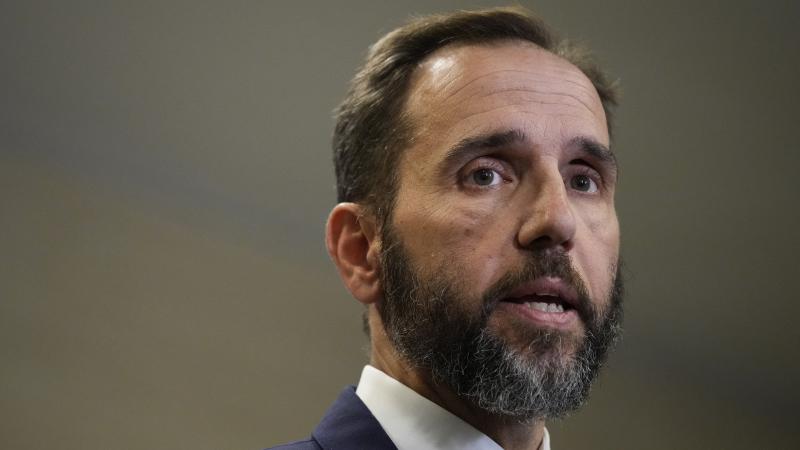'Putting kids first' legislation clears North Carolina education committee
Moore argued that efforts to expand school choice and support public schools are not mutually exclusive, and noted that offering more options for parents has proven to produce better outcomes.
Bills to expand educational options for North Carolina families moved forward in the North Carolina House of Representatives on Tuesday, clearing a key panel ahead of Thursday’s crossover deadline.
Members of the Education Committee approved a measure to expand the state’s Opportunity Scholarship Program to all students, as well as a bill designed to shift decisions on charter schools to a new Charter School Review Board to streamline the approval process.
Another bill to create Public School Open Enrollment, House Bill 793, was on the calendar but lawmakers did not review the bill.
Rep. Tricia Cotham, R-Mecklenburg, and Speaker Tim Moore, R-Cleveland, presented House Bill 823, known as Choose Your School, Choose Your Future to expand the state’s Opportunity Scholarship Program to all students through a tiered system based on income.
The program is currently restricted to low- and moderate-income families to cover private school tuition and other educational expenses.
“It’s a pretty exciting day in North Carolina for those who believe in education reform, and I’m one of those,” Cotham said. “The Opportunity Scholarship Program is one that’s been wildly successful. This will be the greatest expansion of this program in the state’s history.
“At the end of the day it’s about putting kids first.”
Moore argued that efforts to expand school choice and support public schools are not mutually exclusive, and noted that offering more options for parents has proven to produce better outcomes.
“You don’t have to do one and not the other,” he said of state support for public and private schools. “This is one more tool … to expand that American dream.”
Rep. Rosa Gill, D-Wake, argued HB823 “poses a threat to our public education system” by diverting public funding to private schools.
“Funding will go to families who already send their kids to private school,” she said.
Wake County Democrat Rep. Julie von Haefen expressed similar concerns.
“Sending over a half billion dollars to a program that has no accountability is fiscally irresponsible,” she said. “It’s going to devastate our public schools.”
Republicans and parents who testified in support countered claims that private schools aren’t held accountable, pointing out that parents can move their kids to other schools if they’re not satisfied.
Numerous parents and others testified both in support and against the legislation. Many supporters cited the benefits the program has had for their children, while opponents said the state isn’t doing enough to support public schools.
The committee also reviewed House Bill 618, sponsored by Cotham and Moore, to create a Charter School Review Board to take over responsibility from the State Board of Education for approving, amending, renewing and terminating charter schools, with the goal of streamlining the process. It would add the state superintendent as a voting member of the board.
Von Haefen spoke out against the measure, saying the bill aims to usurp the State Board of Education’s authority to supervise schools. She said an existing charter school advisory board has recommended approvals for 49 of 51 charter school applications in the last five years.
Von Haefen noted that the review board is the same as the advisory board, with the addition of the superintendent, and that the state board would be limited to hearing appeals under the legislation.
“The state board is really going to have no say … other than school appeals,” she said.
Democrats offered an amendment to add two gubernatorial appointments to the proposed review board that was rejected by the committee.
HB618 and HB823 move to the Committee on Rules, Calendar, and Operations of the House, typically the last stop before a floor vote. The deadline to approve bills to cross over to the upper chamber is Thursday.
















